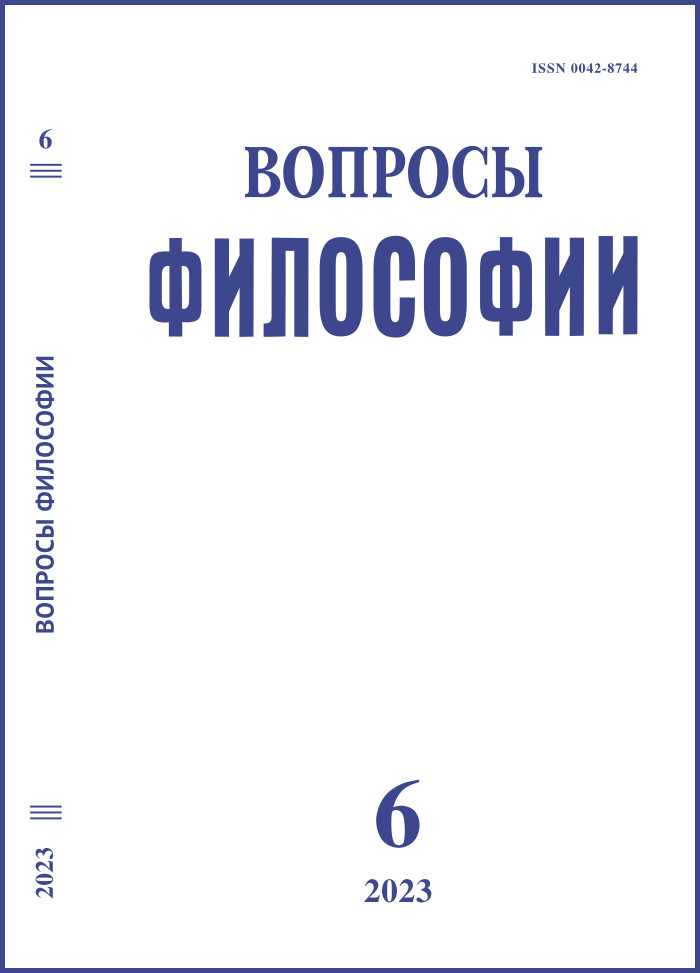From the Philosophy of Culture to the Philosophy of History
DOI:
https://doi.org/10.21146/0042-8744-2023-6-152-155Keywords:
structuralism, semiotics, culturological turn, philosophy of culture, philosophy of history, Yu.M. Lotman – philosopherAbstract
Yu.M. Lotman’s creative path from philologist to philosopher was difficult and risky. The scientist resolutely moved away from the mossy traditions of Soviet vulgar sociological literary criticism and began to master modern methods of text analysis developed by structuralism and semiotics. Since structuralism and semiotics were banned in Soviet science as products of bourgeois ideology, Lotman and his colleagues at the Tartu-Moscow School called the subject of their research “secondary modeling systems”, to which they referred not only literary texts, but also texts of art, texts of behavior, city, history, etc. Thus, a culturological turn took place in the methodology of Lotman and his associates, which was expressed in the fact that the philosophy of culture became the theoretical basis of structural analysis, and the philosophy of history became the historical and cultural approach. With his works in the field of humanities, Lotman showed that the key to understanding and predicting history is culture, and for building a philosophy of history is the philosophy of culture. Lotman actually acted as a profound theorist and philosopher of culture on a par with such domestic thinkers as A.F. Losev, M.M. Bakhtin, or foreign ones like O. Spengler, A. Toynbee, K. Levi-Strauss, R. Barth or U. Eco.

